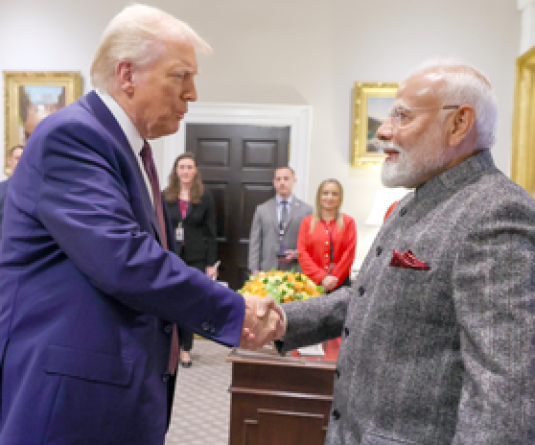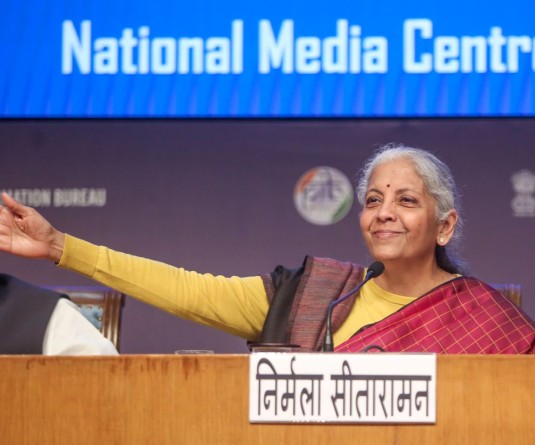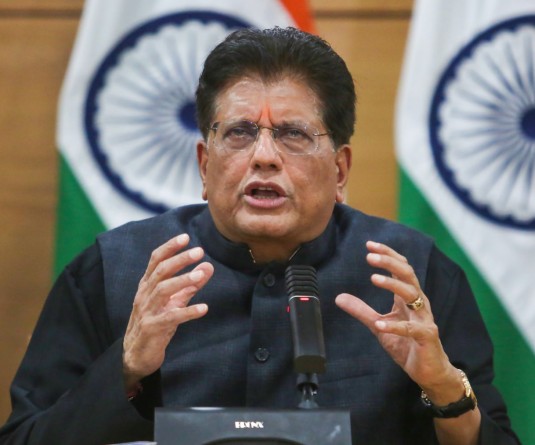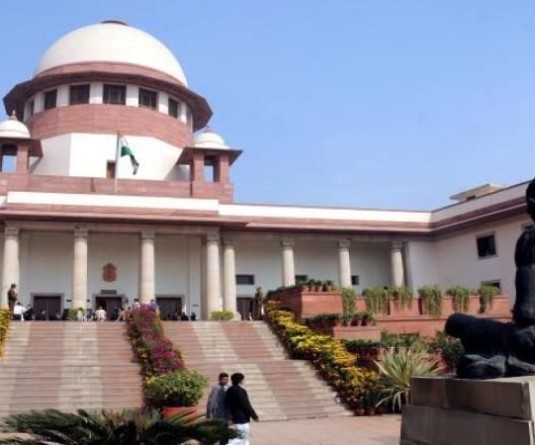IANS Photo
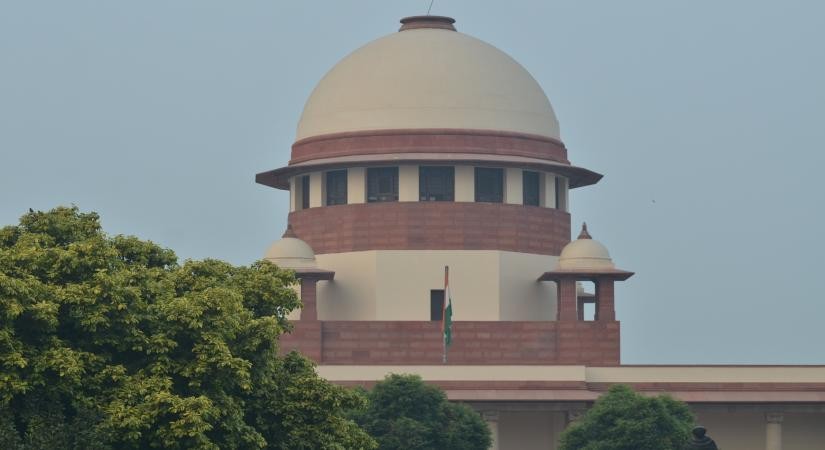
New Delhi, July 5 (IANS): “Independence of judiciary is essential for democracy. It needs to be seen how the independence of judiciary and the concept of democracy is interconnected through constitutionalism and the rule of law. They are both dependent on each other through the concept of separation of powers,” said Supreme Court Justice P.S. Narasimha at a distinguished public lecture which also marked the announcement of the Singhvi-Trinity-Cambridge Scholarship Award 2023 established by Rajya Sabha MP Abhishek Singhvi.
The function was organised by the Jindal Global Law School of O.P. Jindal Global University.
“The framers of the Indian Constitution envisaged the independence of the judiciary as a post-colonial democratic concept. A system which ignores either of the two concepts cannot make much progress. A key question is if democracy is only about majority rule? Political theorists, jurists and thinkers have disagreed with this basic understanding of democracy. It is understood that certain values and frameworks need to be followed in a society which confirms equal rights to all citizens. Independence of judiciary, therefore, becomes a foundational pillar for the intertwining of democracy, constitutionalism and rule of law. The rule of law, which is the bedrock of democracy, will be diluted if the independence of the judiciary is not upheld. This separation of powers is the accepted principle on which any dynamic form of government exists. If the independence of judiciary is compromised, then the concept of government itself comes under threat. Only independent judges can act as oversight over the acts of the government,” observed Justice Narasimha.
The Singhvi-Trinity-Cambridge Scholarship Award has been established by Singhvi, Senior Advocate, Supreme Court of India and MP, Rajya Sabha at Trinity College, Cambridge.
Speaking on the occasion, Singhvi said: “I am delighted to welcome you all at this confluence of knowledge and judicial independence. Democracy is not just a system of governance but a broader social commitment that values equality, fairness and justice. It is the judiciary in its independent capacity that breathes lives into these values. An independent judiciary serves as a neutral referee resolving conflicts, not based on the might of the parties but on the might of the law.
“An independent judiciary is the lifeblood of democracy and is essential for accountability and promotes transparency and guards our fundamental rights while upholding the principal of justice for all.” He also recalled his own experience of reading law at his alma mater and the creation of the endowment at Trinity College, Cambridge where he studied from the undergraduate level to his Doctorate. “The recipients of the Singhvi-Trinity-Cambridge Scholarship award are exceptional individuals who have demonstrated academic excellence, leadership potential and a commitment to making a positive impact in their communities.”
Professor (Dr.) C. Raj Kumar, Founding Vice Chancellor, O.P. Jindal Global University said: “This is an opportunity to celebrate philanthropy itself. Jindal Global University has been established as a generous act of philanthropy by Mr. Naveen Jindal, Founding Chancellor and renowned industrialist and a profound supporter of education. There are interesting parallels and contributions that individuals have made in their private capacity which provide higher education opportunities to deserving students and we are delighted and honoured that this year an outstanding student of the Jindal Global Law School has been selected for the Trinity-Singhvi Scholarship. I want to thank Dr Singhvi for being an outstanding leader to advance the cause of philanthropy in the legal profession by making this contribution.”
The Singhvi-Trinity-Cambridge Scholarship Award 2023 has been awarded to Mr. Jai Chander Brunner of the Jindal Global Law School. He has completed his Undergraduate degree in Philosophy from the University of Chicago, after which he joined the Jindal Global Law School for the three-year LLB programme at the university. The award will enable him to pursue a Masters' Degree Programme in Law at Trinity College, Cambridge.
Guests of Honour included Alex Ellis, British High Commissioner to India and Michael Houlgate, Deputy Director of the British Council in India.
“I would hope that beyond the language, the talent, the institutions, the offer, is a shared sense of the importance of the rule of law as a fundamental aspect of any society. Law is a way, not the end. It is a way of managing interaction between human beings. There is a lot of Indian knowledge about the UK, but there isn’t enough British knowledge about India. I would like to get 10,000 young Britons between the age of 18 and 30 to come to India each year to understand the reality of modern India,” Ellis said.
Houlgate added: “The UK and India are working together on education to try to reduce market barriers to support educational institutions to work together more easily. Notably, last year, we had an agreement on mutual recognition of qualifications that will make scholarships such as this far easier to set up in coming years. At the institutional level, we've seen record numbers of universities from India and the UK, working together on research partnerships, transnational education, joint courses, scholarships and institutional partnerships. At the individual level we're seeing many more young people traveling between our countries, trying to gain new perspectives that come through scholarships such as the one that we're celebrating today.”


